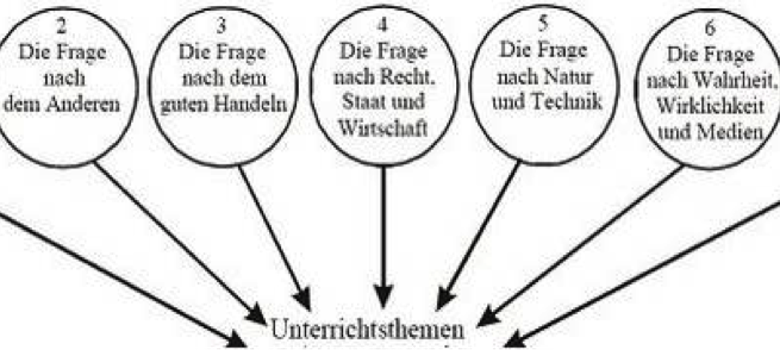Practical philosophy
In this school subject, which is new to you from Year 5, you can have well-founded discussions about freedom, politics, media, religion, friendship, dying/death, standards, meaning/meaninglessness, xenophobia, morality, science, gender roles, violence, future plans, God, conscience, logic, feelings, truth, yourself and much more.
Who can participate in the subject Practical Philosophy?
Pupils who do not attend religious instruction because they do not belong to a Christian denomination or have withdrawn from religious instruction for reasons of conscience (14 years and older) or have been deregistered by their parents as persons not yet of religious age (under 14 years) attend practical philosophy lessons.
What is practical philosophy?
Practical philosophy deals with all questions concerning the coexistence of people. Such questions must be discussed, their depth and breadth explored and possible answers provided with reasons. All of this is done in the subject of practical philosophy.
Philosophy begins when someone asks themselves and others philosophical questions.
Philosophical questions are questions such as: What is a lie? What is truth? Why do people seek friendship with each other? What is a dignified life? What is the meaning of life? Do animals have rights? Are we free? Why are people afraid of death? What does reasonable mean? How can we argue logically?
In order to find answers to such questions, the young philosophers do a lot: they read texts, interpret pictures, have conversations, clarify terms, interpret films, carry out role plays, develop thought experiments, carry out internet research, conduct writing discussions, write texts themselves, get involved in Socratic discussions and, of course, are encouraged to think for themselves and much more.
How is the subject of Practical Philosophy structured?

Even the freest thinking cannot do without a certain basic order. In the subject of practical philosophy at schools in North Rhine-Westphalia, the topics are grouped into the following 7 question groups:
Our courses are structured according to these question groups and the textbooks are also written with these question groups in mind.
Question group 1: The question of the self
- Topic example: Me and my life
Question group 2: The question of the other
- Example topic: Dealing with conflicts
Question group 3: The question of good action
- Example topic: Truthfulness and lies
Question group 4: The question of law, state and economy
- Example topic: Poverty and prosperity
Question group 5: The question of nature, culture and technology
- Topic example: Animals as fellow living beings
Question group 6: The question of truth, reality and media
- Topic example: Media worlds
Question group 7: The question of origin, future and meaning
- Topic example : Life and festivals in different religions